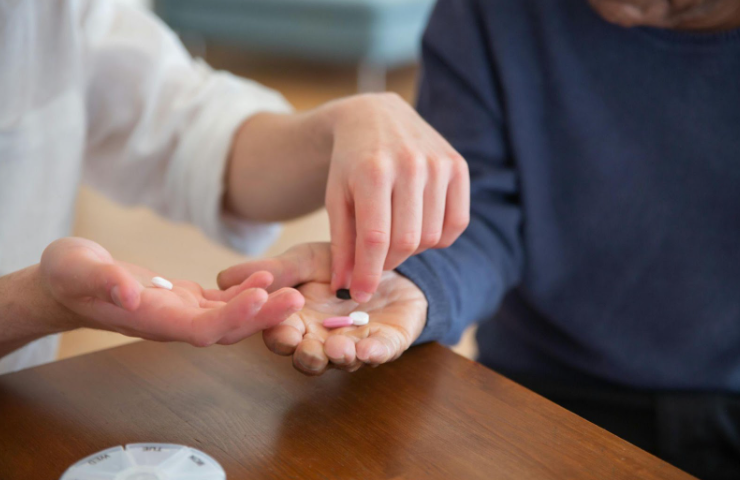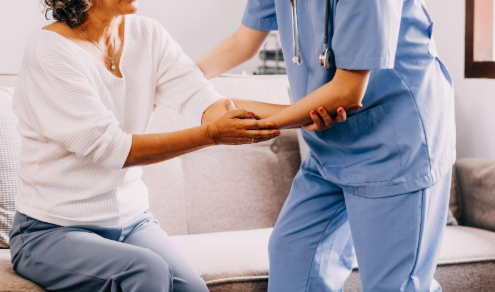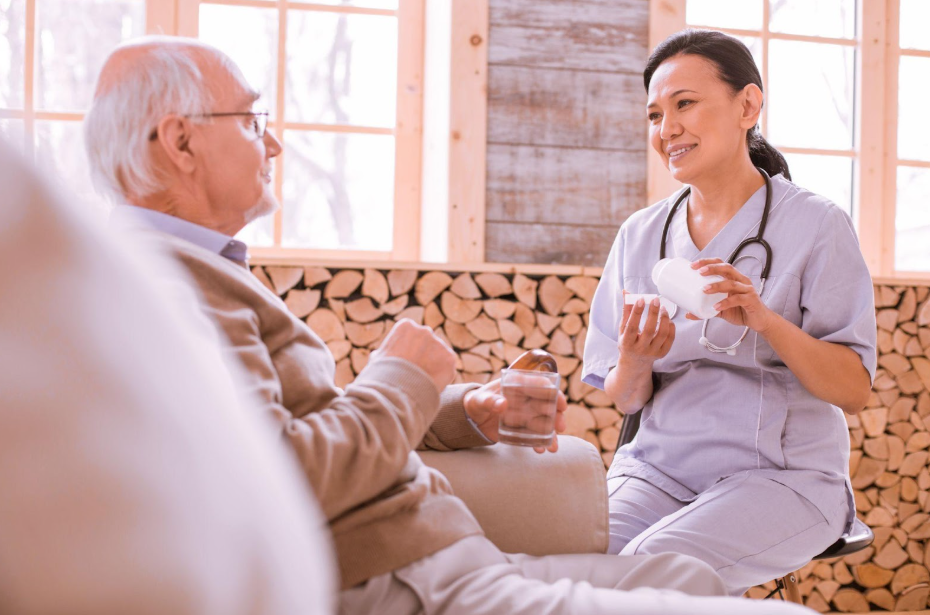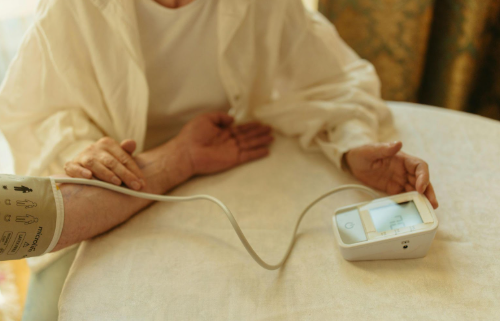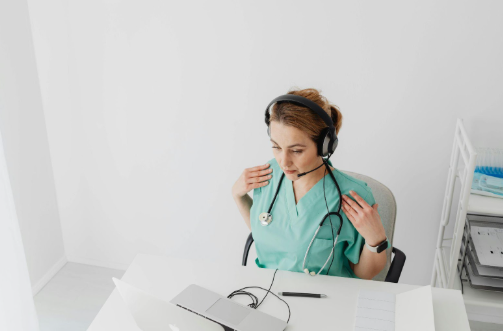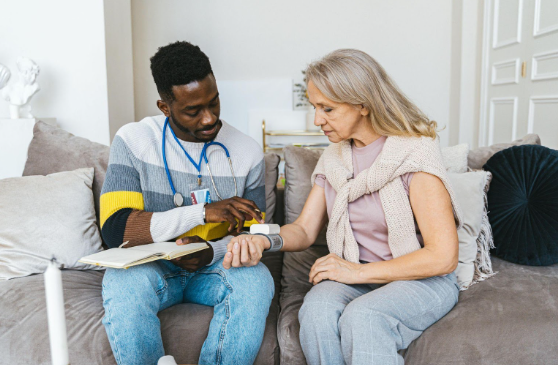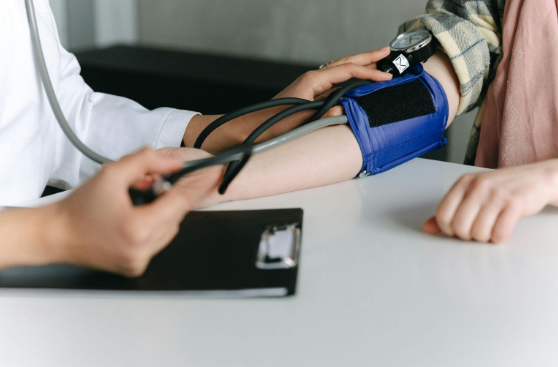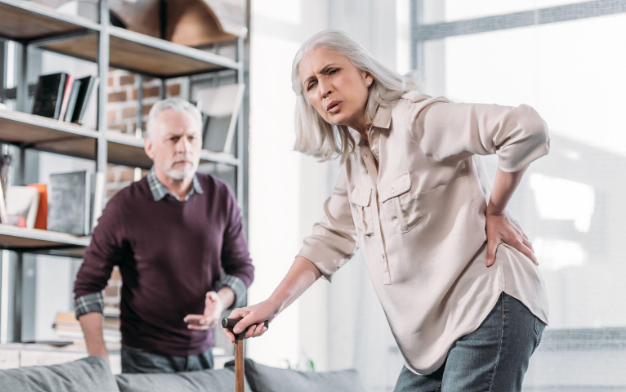Staying Safe in the Summer Heat: Essential Tips for Seniors and At-Risk Individuals
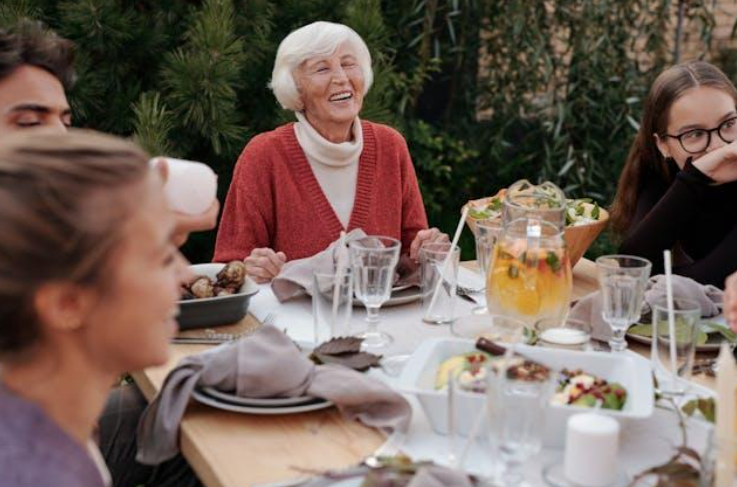
Summer can be a delightful season filled with outdoor activities and sunshine, but the rising temperatures could cause concerns for older adults and people with health conditions. Heat-related illnesses don’t always show up right away. They can sneak in quietly and, without proper care, lead to serious complications.
Whether you’re a caregiver or a family member, here are some practical ways to protect seniors and vulnerable individuals from the risks of extreme heat.
Why Does Heat Affect Seniors Differently?
As people age, their bodies become less efficient at managing temperature. Sweating, which is the body’s main way of cooling down, doesn’t work as well. Some medications, such as diuretics or beta-blockers, can interfere with hydration or the body’s heat response. Chronic health conditions like heart disease, diabetes, or respiratory issues can also make heat harder to tolerate.
Many seniors don’t feel thirst as strongly as they once did, which makes dehydration more likely, even before symptoms begin. In addition, limited mobility can cause heat-related issues to develop rapidly.
Common Heat-Related Illnesses
Being aware of the signs and symptoms of heat-related illnesses can help you or your loved ones take the right steps during an emergency.
Heat Stroke
This is a severe heat-related illness that requires immediate medical attention. Symptoms of heat stroke include a high body temperature of 104°F or higher, hot, dry skin, rapid heartbeat, confusion, disorientation, or loss of consciousness, nausea and vomiting, and headache. If your loved one is experiencing these symptoms, it is critical to call for help immediately. You can also move the person to a cool place and cool their body with cool cloths or a cool bath.
Heat Exhaustion
Exhaustion is less severe than heat stroke, but it can progress to heat stroke if left untreated. Symptoms include heavy sweating, cold, clammy skin, muscle cramps, dizziness or lightheadedness, weakness, nausea or vomiting, and a fast, weak pulse. If seniors and people with health conditions are showing these signs, you should move them to a cool place, loosen any tight clothing, and cool their bodies with damp cloths. Hiring a registered nurse can help identify the symptoms and let you seek medical attention if their symptoms worsen or do not improve within an hour.
Heat Cramps
Characterized by painful muscle spasms, heat cramps usually occur in the legs, arms, or abdomen. These can be addressed by moving the seniors to a cool place, stopping any activity, drinking water or a sports drink, and gently stretching the affected muscles.
Heat Rash
Heat rash—caused by excessive sweating—is a skin irritation that shows up as red bumps or small blisters. To manage heat rash, move to a cool, dry place, keep the affected area dry, and use powder to soothe the rash.
Tips to Stay Safe in Summer
Taking preventive measures is crucial for staying safe in the summer heat. Here are some essential tips that can help you or your loved ones:
Staying Hydrated
Drinking plenty of fluids helps regulate internal temperature and supports circulation. Seniors should aim to drink water consistently throughout the day, not just when they feel thirsty.
You can keep a reusable water bottle within reach and take small sips often. Those who aren’t fond of plain water can try flavoring it with fruit slices or herbs. It’s also important to avoid drinks that dehydrate—like alcohol, caffeine, or sugary sodas. If you have a home health aide, you can consult with them about your hydration needs.
Dressing Smartly
Clothing can make a big difference in how the body handles high temperatures. Loose-fitting, light-colored, and breathable fabrics—like cotton or linen—help the skin breathe and keep the body cooler. Dark or tight clothing traps heat and should be avoided.
Seniors shouldn’t forget about hats and sunglasses. A wide-brimmed hat offers shade, and UV-protective sunglasses help guard against sun damage.
Avoiding Peak Sun Hours
The sun is strongest between 10 a.m. and 4 p.m. During these hours, heat builds up quickly and stays trapped on surfaces like pavement, patios, and cars. Try to schedule errands or outdoor activities in the early morning or later in the evening. If staying indoors isn’t an option, you or your loved one should seek out shaded areas or bring an umbrella for added protection. UV rays still make their way through even if the sky looks cloudy. So sunscreen is a must, even on overcast days.
Cooling Down Living Spaces
Indoor heat can rise quickly, especially in homes without central air conditioning. Here are a few ways to help keep the temperature down:
- Keeping the blinds or curtains closed during the day to block out direct sunlight.
- Using fans to circulate air. Avoid relying on fans alone in extremely hot conditions.
- Keeping windows open when temperatures drop, especially during the early morning or at night.
- Spending time at public places like libraries or community centers during heat waves—many are designated cooling centers.
If you are using air conditioning, check that filters are clean and the system is running properly.
Five Star Home Health Care Agency: Your Partner in Summer Safety
At
Five Star Home Health Care Agency, we understand the unique challenges that summer heat can pose for seniors and at-risk individuals. Our dedicated team of healthcare professionals is here to provide the support and care you need to stay safe and healthy throughout the summer months.
Whether you're caring for a loved one or receiving care yourself, small precautions go a long way. If you need help, our team at
Five Star Home Health Care Agency can recognize the signs of heat-related illness and take appropriate action.
Contact us today to learn more about how we can help you stay safe and healthy this summer.
